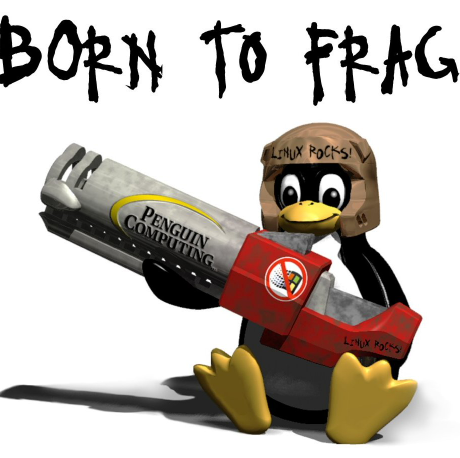This crate implements minimalistic hex literal macros without use of proc macros.
The advantages are much faster compile times, ability to work with non-literal const values and
easier auditing.
However, because of the use of const fn the crate has some limitations depending on the Rust
version.
Either way, the resulting type is a byte array ([u8; N]) that doesn't force you to write down
its length. This is already very useful since the compiler can prove the length and you avoid
runtime allocations.
The crate is no_std and does not require an allocator.
Just pass a &str constant (usually a literal) into the hex macro.
Example
use hex_lit::hex;
let array = hex!("2a15ff");
assert_eq!(&array, &[42, 21, 255]);The input MUST NOT contain any spaces or other separators and it MUST have even length. Note that you can still separate long strings into chunks using the concat macro:
use hex_lit::hex;
let array = hex!(concat!(
"0000002a000000",
"ffffffffffffff",
));
assert_eq!(&array, &[0, 0, 0, 42, 0, 0, 0, 255, 255, 255, 255, 255, 255, 255]);- 1.41.1+ - the MSRV, use in const contexts is impossible, only the hex! macro is available.
- 1.46.0+ - usage in const contexts is available and (regardless of cargo features) correctness of input is checked at compile time.
- 1.57+ - nicer error messages for bad inputs (regardless of cargo features)
-
rust_v_1_46- acknowledges bumping MSRV to 1.46+ and enables usage in const context.
Bumping MSRV is intentionally explicit.
Because of improved input checking it is recommended to use Rust 1.46+, prefereably 1.57+ in CI even if your targeted MSRV is lower.
MITNFA

